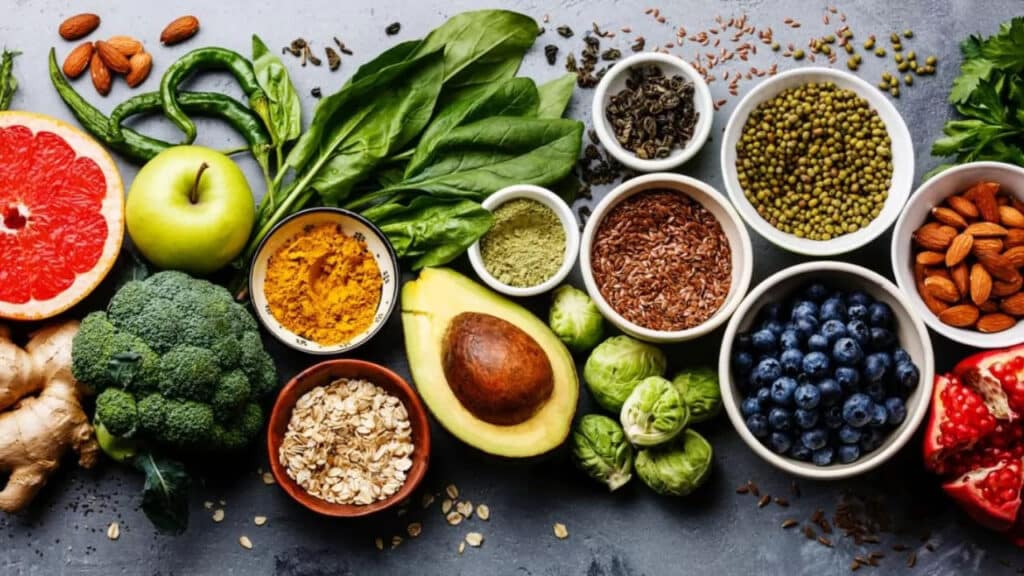Do they wear capes and swoop in to rescue you from evil salt, sugar and fat? Not exactly, but it seems that pretty regularly, some other fruit or vegetable will be christened with the label “superfood”. So just what powers do they have – or is it all an exaggeration?
This is a tricky one to answer because there’s no specific definition of superfood or test to identify one. The general idea is that they’re foods that are particularly dense with nutrients. These exceptional nutrient levels lead to them having astonishing, and sometimes quite implausible-sounding, health benefits.
Superfood isn’t a term developed by scientists or medical professionals. It’s not something you’re likely to hear from a nutritionist. If anything, it’s a marketing technique designed to make you buy more of a particular food. This doesn’t mean there aren’t foods that have particularly high levels of certain nutrients, but you can’t substitute them for a varied and balanced diet (https://www.health.harvard.edu/blog/10-superfoods-to-boost-a-healthy-diet-2018082914463).
Blueberries are often cited at the top of the list of superfoods. They’re high in fiber and antioxidants while low in calories. It helps that they’re colorful and tasty, making them an attractive snack on their own or something you can add to breakfast, desert or a smoothie. Their nutrient levels are similar to other berries, like cranberries.
Dark, leafy greens are another food that’s high on the list. They’re also rich in fiber, but also calcium, vitamin A and vitamin C. Leafy greens include kale, spinach, chard, turnip greens and collard greens, so there’s plenty of choice.
Nuts and olive oil both contain the good kinds of fat and other nutrients. They may help lower your cholesterol. Whole grains, beans and legumes (like lentils) contain all sorts of vitamins, minerals and other nutrients that can reduce your risk of everything from diabetes to heart disease. Yogurt isn’t just full of protein and calcium but also probiotics that can feed the good bacteria in your gut. Some of the best fish are salmon and mackerel, which are packed with omega-3 fatty acids.
There’s no single food that can be treated as the magical solution to health, and the main advice from experts will always be to ensure your diet balances lots of different nutrients from different sources. However, some foods do seem pretty super when it comes to their nutrient content.




